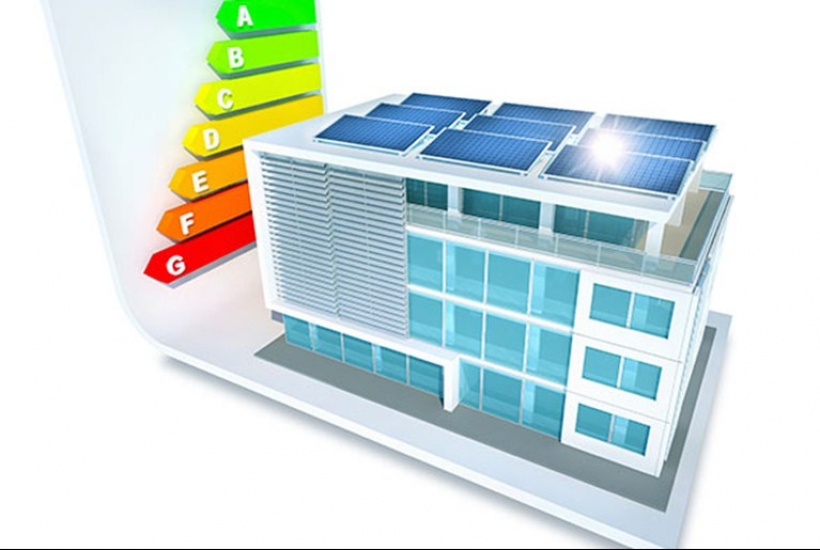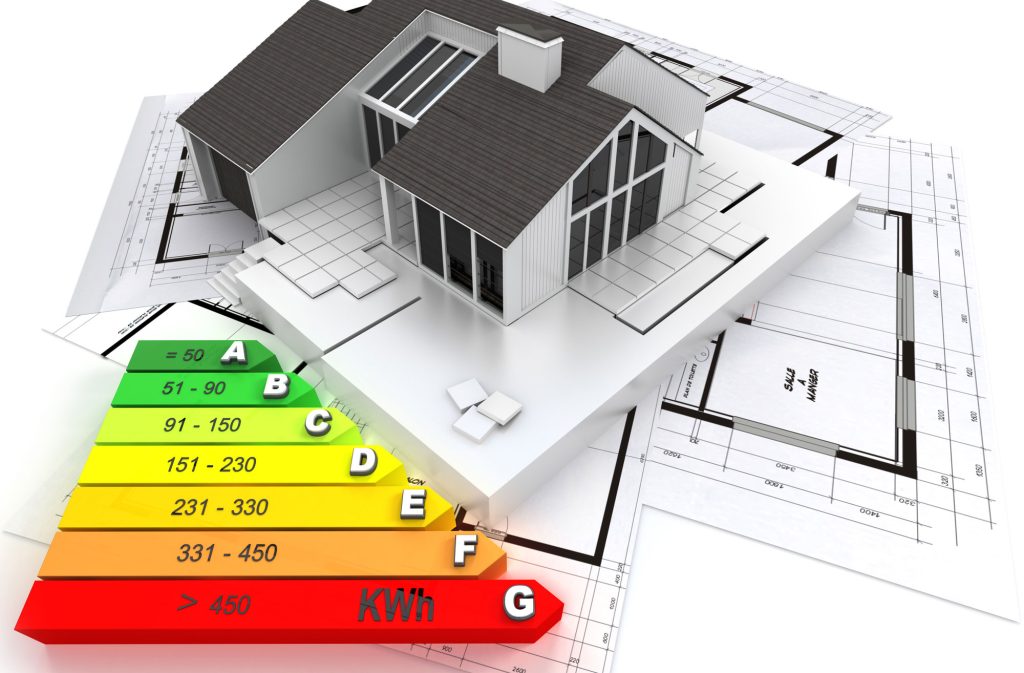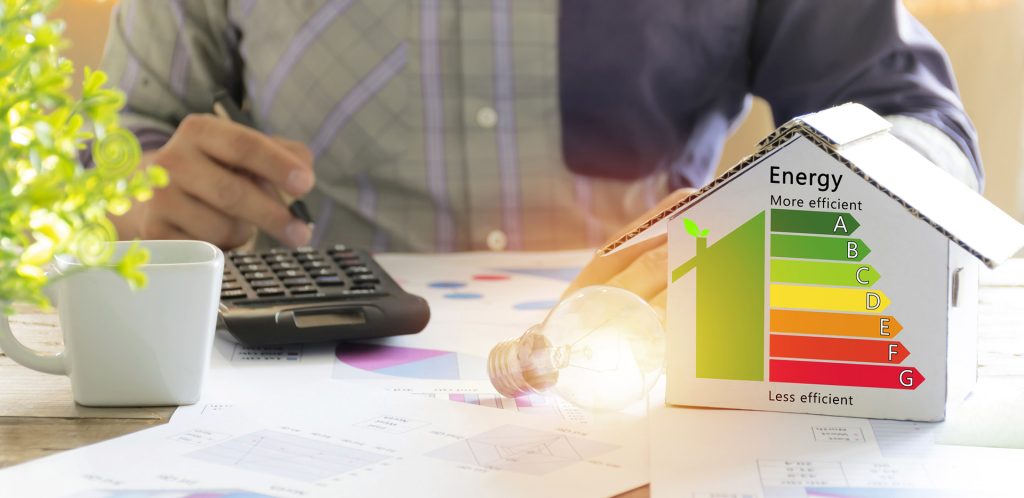What Is a Building Energy Audit?
In an era where energy efficiency and cost savings go hand in hand, a building energy audit has become an indispensable tool for both residential and commercial spaces. Whether you are a building owner or occupant, understanding your energy consumption can lead to significant improvements. This guide explores the different levels of energy audits, the process, and how it can help identify energy-saving opportunities.

Section 1: The Importance of Building Energy Audits
1.1 Identifying Energy-Saving Opportunities
A comprehensive energy audit helps identify potential energy efficiency improvements, suggesting measures that are both cost-effective and energy-efficient. From HVAC systems to the building envelope, these audits provide insights into the specific areas where upgrades are needed.

1.2 Reducing Energy Costs
Building energy audits focus on understanding the energy use pattern and ways to reduce energy consumption. The result is a decrease in energy costs, making it a vital aspect for small businesses and commercial building owners alike.
1.3 Improving Energy Performance
Energy efficiency and renewable energy practices highlighted during an energy audit lead to an overall improvement in the facility’s energy performance. Through tailored efficiency measures, existing buildings can achieve energy savings and elevate their Energy Star® rating.
Section 2: The Three Levels of Energy Audits
2.1 ASHRAE Level 1: Walk-Through Audit
Conducted by experienced energy consultants, a walk-through audit is a preliminary stage where auditors review the building’s energy-consuming equipment and operating costs. This no-cost or low-cost audit helps building owners to understand the energy use and prioritize basic energy-saving measures.
2.2 ASHRAE Level 2: Detailed Energy Audit
This level includes a more detailed energy assessment, focusing on energy management and annual energy usage. Building energy efficiency is assessed through the building systems and occupant behavior. A comprehensive audit report outlines cost-effective energy efficiency measures, helping to improve the energy performance.
2.3 ASHRAE Level 3: Advanced Energy Audit
Advanced energy audits provide a complete analysis of building energy use, including the HVAC systems, heating and cooling equipment, and the building envelope. These audits help reduce energy use and cut greenhouse gas emissions, offering many buildings the insight they need to transform their operations and maintenance procedures.
Section 3: Implementing Energy-Saving Measures
3.1 Financing Options and Incentives
From federal initiatives like the Better Buildings Initiative to various financing options, building owners are provided support in achieving energy efficiency upgrades. There are attractive incentives for implementing clean energy solutions and efficiency improvements.
3.2 Collaborating with Auditors and Building Staff
A successful energy audit requires collaboration between the auditor, building staff, and energy consultants. Effective communication ensures that energy efficiency investments are in line with the building’s energy goals and maintenance procedures.
3.3 Monitoring and Continuous Improvement
Energy audits are not just a one-time activity; they are part of an ongoing process to monitor energy consumption and continually identify energy-saving measures. Regular assessments and adherence to best practices contribute to sustained energy performance.
Conclusion: Embrace the Future of Energy Efficiency
Building energy audits are a gateway to a greener future. They provide an in-depth understanding of how energy is utilized in residential or commercial properties and uncover opportunities to save energy. These audits, endorsed by organizations like the American Society of Heating and U.S. Department of Energy, are an essential component in our shared pursuit of reduced energy bills, superior indoor air quality, and a commitment to environmental stewardship.
Are you ready to explore the hidden savings within your building? Schedule an energy audit today and embark on a journey towards a more energy-efficient and cost-effective future!




